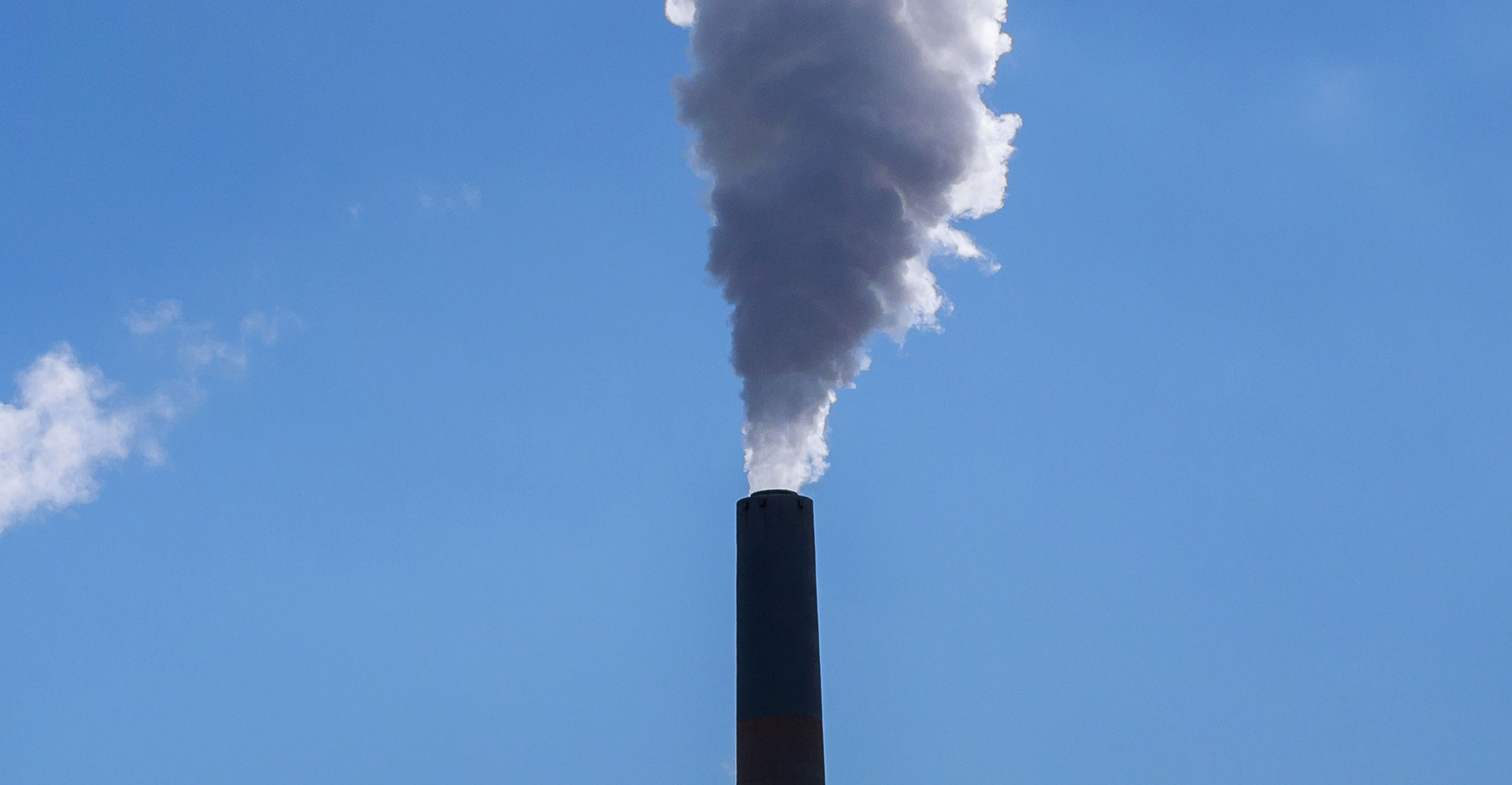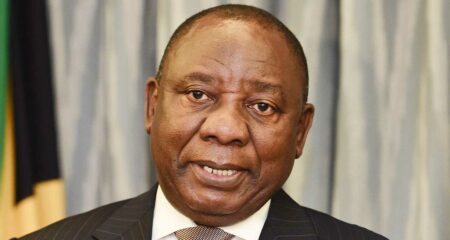 South Africa could save R100-billion by accelerating the closing of coal-fired power plants in return for cheap loans to fund a transition to cleaner forms of electricity, a proposal developed by Meridian Economics shows.
South Africa could save R100-billion by accelerating the closing of coal-fired power plants in return for cheap loans to fund a transition to cleaner forms of electricity, a proposal developed by Meridian Economics shows.
The country needs to cut emissions to meet its Paris Agreement commitments to counter climate change. Eskom, which produces more than 90% of South Africa’s power, mainly from coal, has little scope to fund green energy projects because it’s buried in debt and the government’s own finances are overstretched.
Meridian, a Cape Town-based think-tank, estimates South Africa needs to build as much as 6GW of renewable projects annually to meet its emissions targets. That would require an investment of about R450-billion over the next decade, while another R200-billion would have to be spent on transmission lines and distribution grids.
Meridian’s so-called Just Transition Transaction, which has been in the works for several years, envisions the government securing a concessional, debt-financing package to help fund the shift away from coal. The money could be raised in the capital markets and from development finance institutions and be guaranteed by developed nations, it said in a report released on Tuesday.
The proposal envisions a financing facility being set up and overseen by a multilateral climate-finance institution, such as the Climate Investment Funds, and it providing South Africa with US$16-billion in loans over five years at an annual interest rate of 5.5%. The rate could be cut to 1.5% if the government sticks to its commitments to cut its emissions of carbon, based on an offset price of $7/ton — a concession that could deliver savings of R100-billion rand over 25 years calculated on a net-present-value basis, it said.
Early stage
Meridian is headed by Grove Steyn, who sits on President Cyril Ramaphosa’s Economic Advisory Council. Its proposal has been discussed with South Africa’s government and potential backers.
“We are at a relatively early stage; people are still getting their heads around the options,” Steyn told reporters in an online briefing. “Where this is going to end, we can’t say. People seem to take these ideas very seriously.”
Deputy finance minister David Masondo has floated a separate plan that would see creditors forgive some of South Africa’s sovereign debt in exchange from it committing to more ambitious climate goals. Eskom has proposed its own R150-billion transition plan, which would see it raise loans from development finance institutions to fund green energy projects, while accelerating the closure of coal-fired plants.
A visiting delegation that includes officials from the UK and US is currently holding talks with South African officials
Masondo’s proposal is short on detail of what would happen should the government get debt relief and then renege on its commitments, while Eskom’s plan, while laudable, doesn’t tackle some key financial considerations and is too narrowly focused, according to Meridian. Other carbon-mitigation proposals could be implemented in tandem with its own, it said.
A visiting delegation that includes officials from the UK and US is currently holding talks with South African officials about its plans to arrest climate change ahead of United Nations talks, known as Cop26, in Glasgow in November. South Africa is the world’s 12th biggest producer of greenhouse gases.
Top of the agenda
The options being considered for South Africa are at the top of the international community’s agenda and progress need to be made in implementing them, failing which available funding could go to other developing nations, such as Indonesia or India, Steyn said.
Meridian’s proposals include the establishment of a fund to help tens of thousands of workers at the redundant power plants and in the coal-mining industry retrain and find alternative employment. — Reported by Paul Burkhardt, (c) 2021 Bloomberg LP




